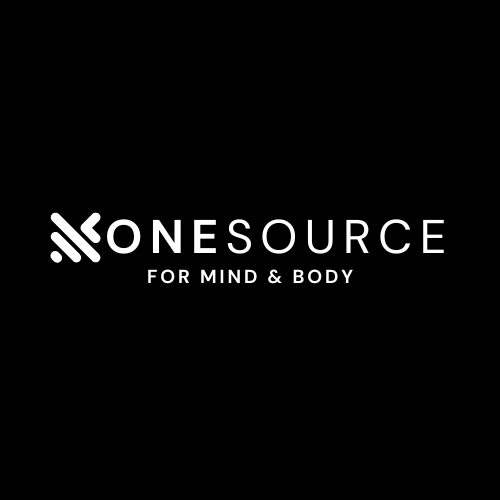Misc Thoughts on Macros, Diet, Exercise and the Blue Zones
Instead of thinking about everyday, think about your diet in terms of the week. This way if you mess up one meal in a day, you don’t beat yourself up for it. Instead you can tell yourself that you’ll make it up by staying consistent with your next meal and the one after that.
We put too much emphasis on getting every macro right that the whole project becomes overwhelming and we crash. Not every meal needs to be the exact right ratios or types of food. It’s more important that in the long term you’re successful. One wrong meal doesn’t have to spell disaster.
The same is true of exercise. We don’t need every workout to be our best. We just need to keep moving. The accumulation of movement over time is what spells change. If you’re emptying the tank at every workout, or getting so sore that it makes the next day too painful to workout, then you’re setting yourself back. Long term gains requires a lot of consistent hours.
I’m starting to fade on the idea that we need as much protein as some nutritionists and longevity experts say we do. The skepticism comes from watching and learning about people in the Blue Zones, the areas of the world where people live the longest, most active and fulfilled lives in the world.
In these parts of the world, it’s not uncommon for people to live past the age of 100, and being active into your 90’s is the norm. In all of these distinct cultures there are a number of things they do that they have in common. Like keeping close relationships and emphasizing community. Like maintaining a vegetable garden as the source of most of their food. And being active throughout their whole lives.
There’s also a lot of things they don’t do. They don’t work jobs they hate. They don’t do high intensity aerobic exercise. They don’t eat processed food. And they don’t obsess over the nutrients and macros they’re putting into their body. Protein included.
Their diets consist of a modest amount of proteins from a wide array of sources. Beans, legumes, dairy, plants, eggs, and some meat and fish.
If we want to explain part of the obesity epidemic I think we need to look at the way protein is forced on us. Eating too much protein while being inactive will lead to weight gain and other possible health issues. Because unused protein is stored as fat, and a lot of times in places you don’t want it, like the liver.
If you are a bodybuilder, a high level athlete, or extremely active, then you are the exception. But considering that 60 percent of the adult population doesn’t get the recommended amount of daily exercise (20 minutes of moderate intensity aerobic exercise per day, 2 strength training sessions per week), than the overconsumption of protein is surely part of the issue.
The second thing I think the protein messaging does it cause overeating. Not only are we programmed to reach for protein at every meal, we’re also told hitting your daily protein goals (anywhere from 0.7 - 1.5 grams per lb of bodyweight) is hard to do in one day. Hm, I wonder why? Because it’s too much protein.
But in a subconscious effort to hit our goals we reach for calories hoping it gets us closer to the target.
During stretches when I’m really dialed into my training and my diet I can sense the difference from day to day of what my body is asking for. On days when I train hard, I can’t get enough protein and carbs. But on my rest days, it’s mainly carbs and a normal amount of protein (70 - 90 grams).
There’s a lot that’s influencing the changes we’re seeing in our health. None bigger than our outside environment, the one we cannot control. Things like the type of food that populates 90 percent of grocery stores, and the relentless marketing and messaging that’s everywhere.
Don’t worry about the nutrients and macros you’re getting. Instead focus on eating real food and spending 70 - 80 percent of your day on your feet. I think that just those two changes can offer dramatic results.
